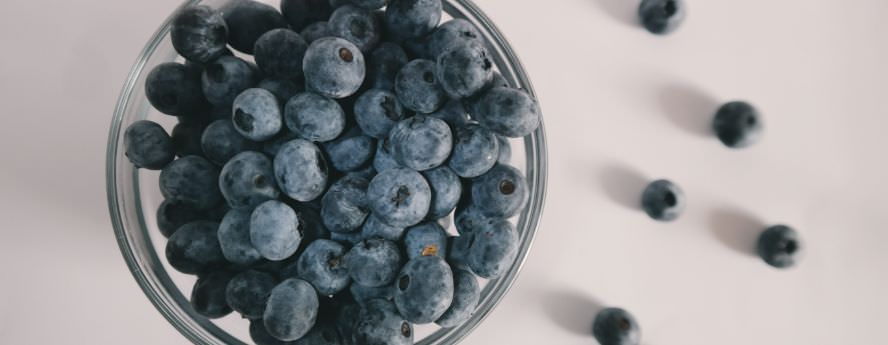
According to a YouGov survey reported in the Guardian, 61% of British people were reported to have bought foods because they were promoted as superfoods, possibly fuelled by the increased awareness around healthy eating and natural foods movement. With more and more people opting for superfoods, are they truly ‘super’ or are we being misled?
What Are Superfoods?
Although the Oxford Dictionary defines superfood as ‘a nutrient-rich food considered to be especially beneficial for health and well-being’, there is no agreed definition of a superfood according to the BBC. They also reveal that the EU has banned the use of the word ‘superfood’ on labelling unless accompanied by an authorised health claim with an explanation of why the food is good for your health.
In the next paragraphs we’ll be looking at three popular ‘superfoods’ goji berries, beetroot, and green tea, to investigate if they truly deserve this title.
Goji Berries
Bright red with a woody taste similar to raisins and cranberries, goji berries are cultured worldwide but most of them are imported from the Tibetan plateau and China.
According to the NHS, Goji berries contain vitamins A, B2, C, iron, selenium and other antioxidants. There are claims that the berries can help defend against cancer, fight heart disease, and protect the skin against sun-damage. However, the NHS says that there is no evidence to support the alleged health claims of goji berries as most of the research studies are small-sized, poor quality, in labs that use purified and increased concentrations of goji berry extract, and some results are also inconclusive.
It seems that goji berries may contain many healthy nutrients, but the studies on their benefits do not prove that they are any better than any other type of berry. For example, frozen berries often contain more vitamin C that goji berries (gram for gram) plus they are generally considerably cheaper.
Beetroot
Beetroot is a root vegetable with a dark purple skin and pink/purple flesh with a sweet, earthy and rich flavour.
Beetroot contains: potassium, iron, magnesium, carbohydrates, folic acid, protein, soluble fibre, antioxidants and vitamins A, B6 and C. WebMD UK also points out two common health claims of beetroot: their ability to help lower blood pressure from its naturally occurring nitrate content and their ability to reduce the risk of vascular dementia by increasing the blood flow to the brain for a short while due to the same nitrates.
However, the NHS notes that the studies that claim to prove the health benefits are mostly insignificant and need more longer-term trials on more suitable participants in order to be classed as clinically useful. Therefore, consuming beetroot can have a number of health benefits, however evidence is still needed until it can be classified as a ‘superfood’.
Green Tea
BBC Good Food explains that green tea is produced from the plant camellia sinensis by picking the green leaf tips of the tea plant and drying them without tearing or cutting.
According to the Telegraph, green tea is claimed to be rich in strong antioxidants that prevent the growth of cancer and protect against DNA damage by ultraviolet light. Popular belief is that green tea is richer in these antioxidants than other teas because of the way it is made. Green tea is also claimed to protect us against infection because of its bioflavonoids and also boost weight loss, combat cardiovascular disease, reduce cholesterol and prevent Alzheimer’s disease.
However, according to the NHS, there is inconclusive evidence about the claims that green tea can help provide protection against various cancers, nor is there any significant evidence of green tea aiding weight loss, lowering cholesterol, preventing Alzheimer’s or lowering blood pressure.
Conclusion
It seems that the food industry wants to persuade us that these ‘superfoods’ will miraculously improve our health, citing and referencing studies that support this. However, the NHS reveals that much of the ‘research’ backing up superfoods test chemicals and extracts of the food in very high concentrations that aren’t found in their natural state, while also not being significant enough for a clinical claim.
This doesn’t mean that these foods aren’t packed with goodness, but don’t let the label of a superfood fool you. No one food can reverse or compensate for unhealthy eating. Having a balanced diet full of fruit, vegetables and wholegrain foods is what can help keep you healthy, not a ‘miracle food’.
Disclaimer: The content of this website is provided for informational purposes only and does not substitute the medical advice from a healthcare professional.